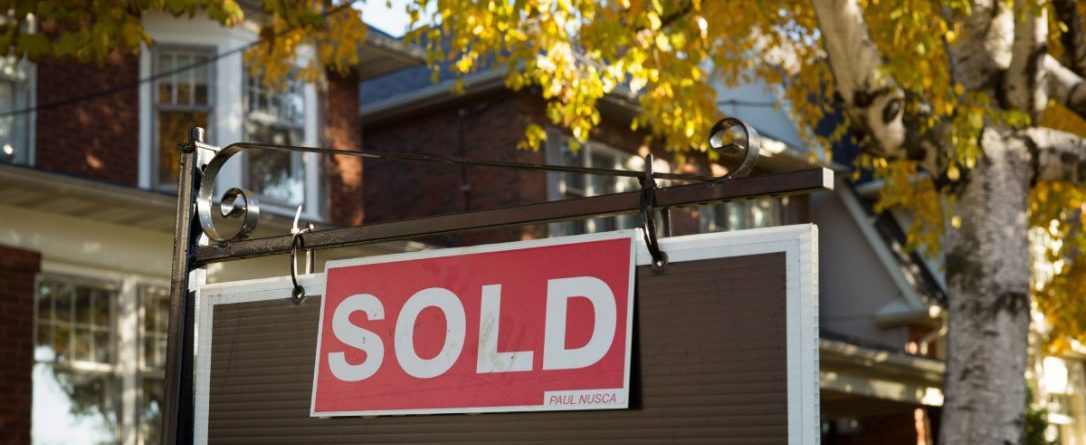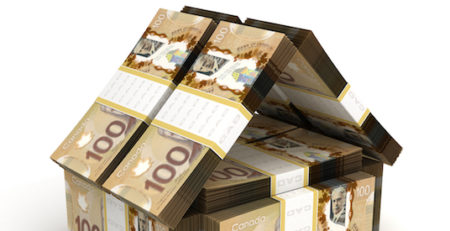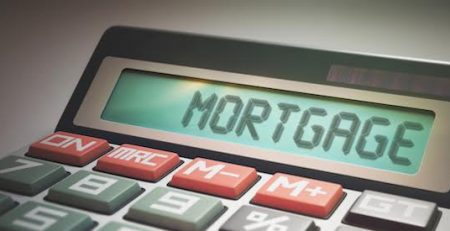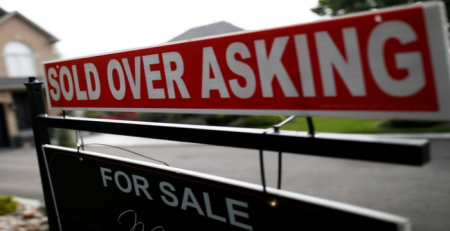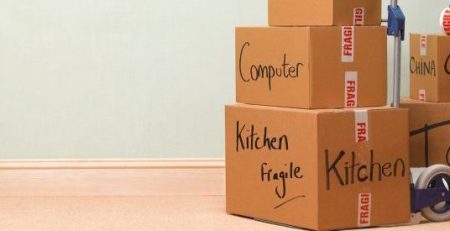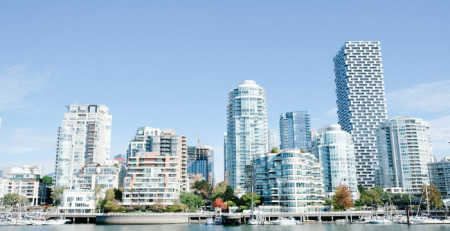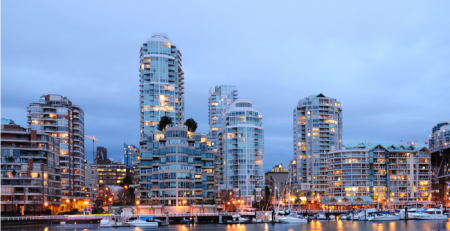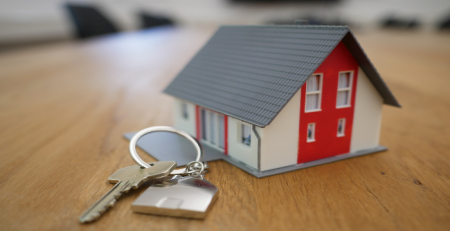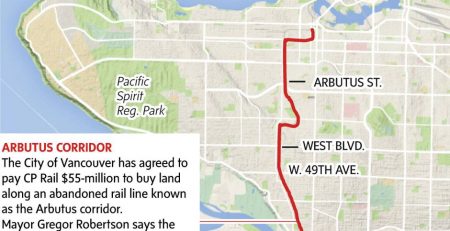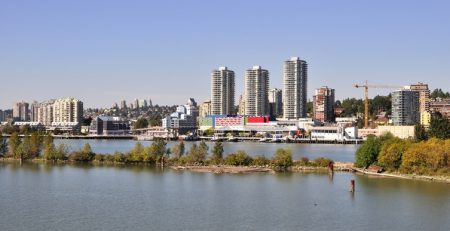Opinion: Empty Homes Tax a Sensible Property levy for Vancouver
[Source: Vancouver Sun, November 17, 2016]
Making housing affordable in Vancouver is difficult. On the demand side, ours is a beautiful, safe and stable city. Those features are likely to grow in value over time. On the supply side, mountains and oceans impede our ability to build out and pervasive single-family zoning that makes it difficult to build up.
Tax policy has also made it hard for locals to find decent homes that they can afford. We have high taxes on income and sales, but low taxes on residential property. Relative to a more efficient tax system, that means renters and newly arrived workers in Vancouver subsidize property owners who live elsewhere. The new 15 per cent foreign buyer tax, while far from perfect, has helped shift the tax burden away from the workforce and towards people who buy property but don’t live here.
The Empty Homes Tax will improve affordability, both by increasing the supply of homes available to locals and by shifting the tax burden away from working and towards investment in real estate that is detached from the local economy.
The tax is simple in principle: Owner occupiers and landlords with tenants who live in Vancouver most of the year are exempt from the tax regardless of the value of their home. Owners of empty or vacation homes will face increased taxes. The proceeds will be used to make housing more affordable for people who live in Vancouver. I hope this will be done in a way that helps the whole workforce, for example with cash payments to anybody who lives and works in the city, possibly means-tested.
Some may argue that the tax is an ntrusion on the free market. True, but all taxes are intrusions on the free market. The revenues can be used to offset income and sales taxes or to provide housing subsidies that otherwise would have to be funded by even higher income and sales taxes or business property taxes.
Others might complain that rather than addressing the demand side of our affordability problem, the city should enable reasonable density in neighbourhoods like Dunbar and Point Grey where new homes tend to be luxurious single-family structures unaffordable to almost anyone who makes a living here.
However, zoning is a heavy lift politically, and unreasonable supply restrictions do not rationalize a tax system that is inefficient and maldistributive. To avoid depressing supply, the city has exempted builders with permits from the new tax.
The new tax will have two main impacts. First, speculators and vacationers will sell properties to the local workforce. This should lower housing costs (which does affect owner occupiers and landlords). Second, some affluent property owners will not sell or rent out their properties, and this will provide revenues to offset housing costs for locals. Presumably some non-resident owners are cash-poor or have not enjoyed significant capital gains and are reluctant to rent housing or stay in a hotel while in town. This is likely a very small group, and they will face a tax rate that is not unusual by North American standards.
It is hard to find policies that have no adverse distributive effects while enhancing productivity. The new tax comes as close as any step we might hope for.

